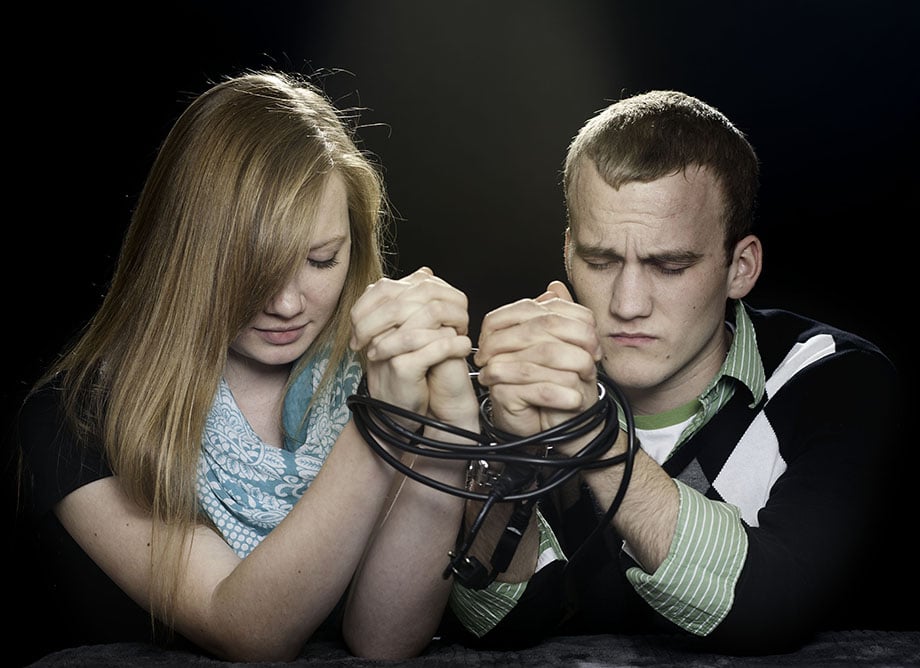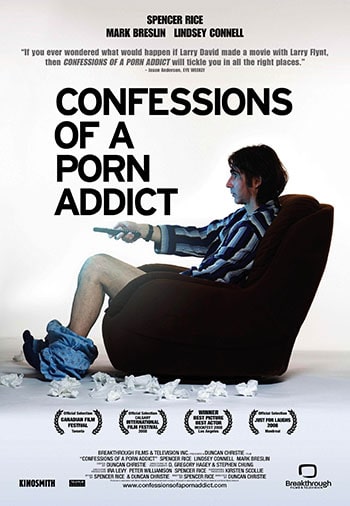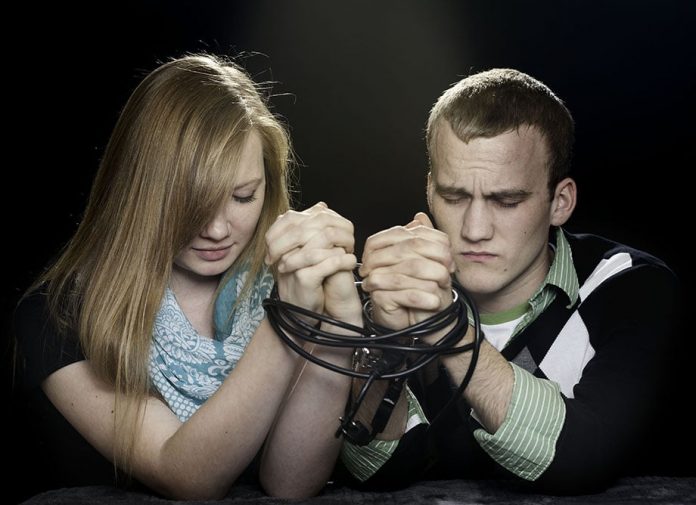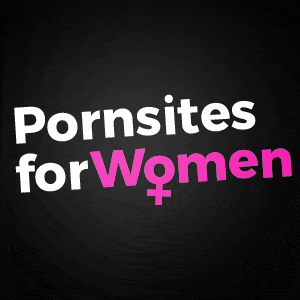by Calico Rudasill, Sssh.com Porn For Women
Some years ago (OK, many years ago), I was one among hundreds of confused and increasingly frustrated high school students crammed into a hot, stuffy auditorium, where we had been assembled by our perpetually frazzled teachers to listen to a lecture about the myriad perils of drug and alcohol abuse.

I was exactly the sort of girl the visiting lecturers wanted to target: I’d not yet experienced most of the intoxicating substances they had come to talk about, and I was still at a fairly impressionable age, where tales about freaked out stoners putting their babies in the microwave still seemed like plausible drug-driven horror stories, as opposed to a trumped up mix of scare-you-straight bullshit and baseless urban legend.
Read on…
If You Think You’re OK, Then Clearly You’re Not OK
The lecturers also exposed us to a bit of circular reasoning I’ve been shaking my head at ever since: A surefire sign of addiction is being in denial of your problem.
Of course, even people who believe the simplistic line of italicized bullshit above must concede that if a person has never consumed a given substance, they can’t very well be addicted to it – but some of them will go to extraordinary lengths to make the case that any amount of use can be construed as “addictive behavior.”
I was later told by a drug and alcohol counselor (one employed by a university, no less) that any manner of “patterned substance use” should be seen as a problem.
“Even if you only drink on the weekend, you’re still an alcoholic,” he told me. “It’s not about the amount you drink, or how often you drink; it’s about the pattern.”
Oh, really?
I’ll be sure to tell that to a good friend of mine whose father was a severe alcoholic who eventually literally drank himself to death. Apparently, it actually wouldn’t have been better if his dad had gotten drunk every other November instead of every fucking day, because it still would have been “a pattern,” you see.
Why Do We Encourage People to Feel Weak and Helpless?
Thinking about addiction in this way isn’t just wrong, it’s a travesty.
It trivializes true substance abuse and true addiction, and causes undue stress in people worried their after-dinner glass of wine is slippery slope toward a future of lumbering around skid row clutching a pint of Thunderbird in a brown paper sack.
 Researchers at Case Western Reserve University are now warning of the same sort of problem with perceived “porn addiction” – an addiction distinguished from drug and alcohol addiction by the fact many in the medical community aren’t entirely sold on its existence as a legitimate addiction in the first place.
Researchers at Case Western Reserve University are now warning of the same sort of problem with perceived “porn addiction” – an addiction distinguished from drug and alcohol addiction by the fact many in the medical community aren’t entirely sold on its existence as a legitimate addiction in the first place.
“The present study sought to examine potential relationships between pornography use and well-being, with a particular focus on individual perceptions of pornography use and feelings of addiction,” the researchers write in their study. “Using a large cross-sectional sample of adults, perceived addiction to Internet pornography predicted psychological distress above and beyond pornography use itself and other relevant variables (e.g., socially desirable responding, neuroticism)…. Collectively, these findings suggest that perceived addiction to Internet pornography, but not pornography use itself, is uniquely related to the experience of psychological distress.”
In other words, while there’s not much evidence to suggest frequent porn viewing results in a crippling addiction, believing you have a crippling addiction to porn is a problem unto itself.
Your ‘Higher Power’ Might Not Be Helping, Either
In another study published by the same team of researchers, a strong connection was found between religiosity and perceived internet porn addiction.
“Results from two studies in undergraduate samples indicated that there was a robust positive relationship between religiosity and perceived addiction to pornography and that this relationship was mediated by moral disapproval of pornography use,” the researchers write in the other study. “These results persisted even when actual use of pornography was controlled. Furthermore, although religiosity was negatively predictive of acknowledging any pornography use, among pornography users, religiosity was unrelated to actual levels of use.”
None of this is to say if you’re a person who watches entirely too much porn, you shouldn’t cut back, or maybe even cut it out entirely, if the aftermath of watching it involves feeling truly miserable and guilty. But if the very reason you feel awful is because you’re ashamed to be a “porn addict,” you might be suffering for no reason at all.
Instead of self-flagellating because of the moral failings indicated by your porn addiction, consider the possibility there’s no such thing as porn addiction. Consider the possibility the source of your guilt isn’t watching porn or masturbating, but the belief those things are sins or some other form of transgression.
In short, don’t think of yourself as a porn addict, and you might just find you no longer feel like you are one, either – just don’t tell any counselor types who happen to be standing around that you aren’t an addict, of course, or they might try to have you committed, right there on the spot.
But hey, what do I know; I’m an alcoholic, after all. The proof is right there in my every-Friday-evening glass of Pinot Grigio.








 Erotic Cinema For Discerning Adults
Erotic Cinema For Discerning Adults Anonymous Adult Search
Anonymous Adult Search